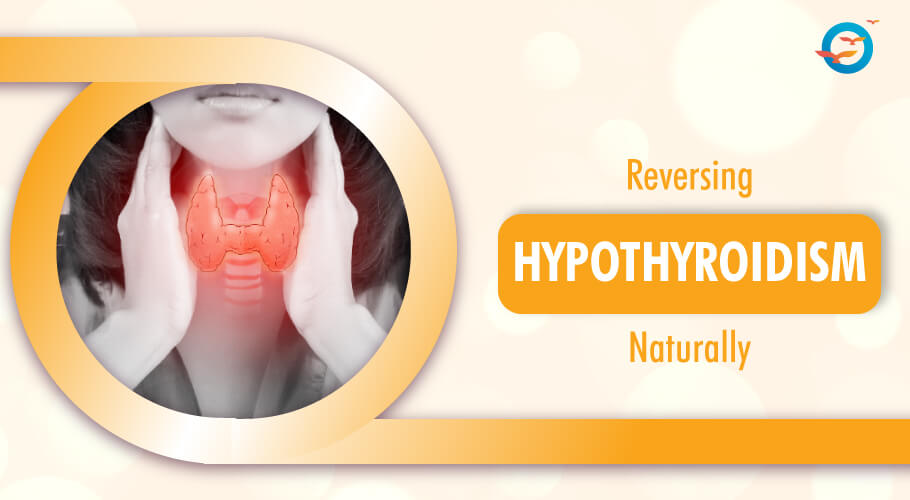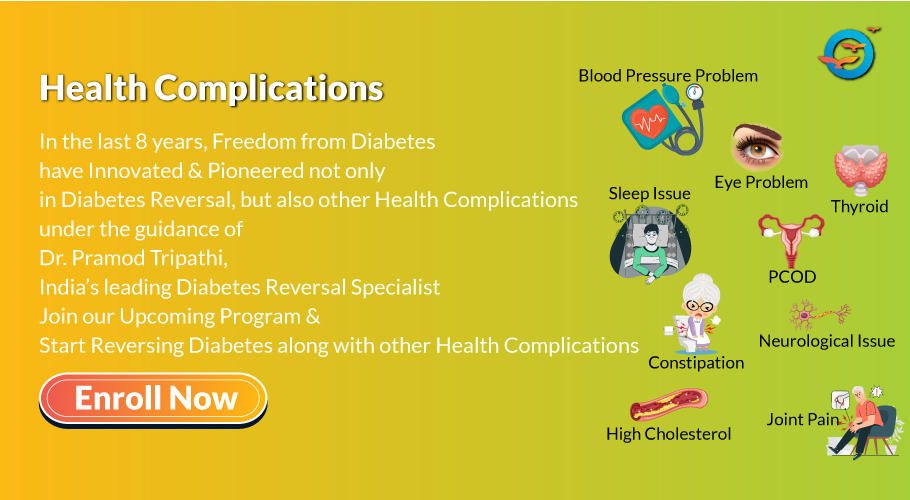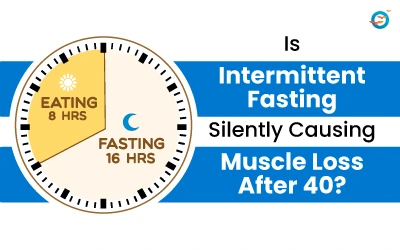Reversing Hypothyroidism Naturally

Every activity we perform whether it is a physical activity or just the act of being alive is a result of a process known as metabolism. And metabolism is controlled by hormones in the body, which are produced in the thyroid gland--a little butterfly-shaped gland that sits wrapped around your windpipe.
Physically it looks like a butterfly because of the two flaring lobes that are joined by a narrow isthmus—as the connecting tissue is known. The thyroid produces two hormones, triiodothyronine (aka, T3) and thyroxine (T4). These hormones control the rate at which you burn calories, how fast your heart beats, growth, development, and functioning of virtually every organ in the body.
The production and release of the hormones are itself controlled by another gland, the pituitary, which sits at the base of your brain. The pituitary releases a hormone known as TSH (thyroid-stimulating hormone) that tells the thyroid how much T3 & T4 it needs to produce.
Sometimes, the thyroid is overactive, i.e. produces excess hormones, which results in hyperthyroidism. On the flip side, the thyroid gland sometimes produces insufficient hormones, resulting in a disorder known as Hypothyroidism, which is a seen commonly in women over forty years of age
Hypothyroidism—Causes
There are multiple causes for hypothyroidism, but the most common are:
Autoimmune disease
When your body comes under surprise attack from your own immune system. What happens is this: the immune system begins to produce antibodies that attack thyroid cells, compromising the thyroid’s ability to produce the required volume of hormones. One common disease of this type is called Hashimoto’s thyroiditis.
Zinc deficiency
Zinc is an essential ingredient of one of the ingredients, deiodinase, needed to produce T3.
Low levels of iodine
Iodine is a trace mineral, essential for the production of thyroid hormones. We usually obtain this through food sources, but it is common in some parts of the world. It can be easily addressed through iodine tablets, iodized salt, etc.
Medication
Some medications interfere with the production of thyroid hormones. Check with your doctor if you are suffering from a sluggish thyroid and are prescribed new medications for any other health issue.
Symptoms
Hypothyroidism symptoms are easily noticeable, but need an expert diagnosis, as these symptoms are common for other health problems too. The most common symptoms include
- Vertigo—dizziness
- Feeling weak, lack energy
- Sudden weight gain that’s hard to shed
- Constipation
- Depression
- Low tolerance to cold
- Hair problems—lusterless, dry, brittle hair
- Nails that are brittle, split, or ridged
- Puffiness in the face
- Swollen feet/ankles/legs
- Low resting heart rate (<65bmp)
Natural Treatments
While conventional medical treatment doesn’t offer any curative as such, with treatments consisting majorly of hormone replacement therapy, there are some natural remedies that have shown promising results.
- Walnut oil massage: Certain Ayurvedic tests prescribe regular neck massages using massaging walnut oil.
- Triphladya Gugulu pills (made from three ingredients: haritaki, amalaki, and bibhitaki), and a libation called Punarnavadi Kashayam, (made of herbal ingredients, including using punarnava root, ginger, and turmeric among others) has returned positive results in one clinical study. 33% of the 15 participants showed excellent improvement; 53% reported marked improvement and 6.7% showed mild improvement of hypothyroidism
- From a diet perspective, fresh fruit and vegetables (min 5 portions) supplemented with whole grain, protein and about 2 liters of water are recommended by the British Thyroid Foundation for thyroid stability
- Coriander (dhania) water is also a good detox helping treat thyroid imbalance, as well as, high blood sugar, cholesterol, obesity, and digestive disorders. To prepare the coriander water, soak one tsp. of ground coriander in a glass of water overnight.
In the morning boil to reduce it by half. Strain and consume the concentrate after it cools. Let us tell you that due to this your metabolism increases very fast. The decoction must be had on an empty stomach first thing in the morning and should be complemented with Ujjayi and Kapalbhati Pranayama breathing. The routine should be followed for a month for the best results. - Stay away from refined sugar and processed foods, these aggravate bodily disorders, like hypothyroidism. They are known to increase inflammation and play havoc with blood sugar levels.
- Yoga: While there is no formal study, empirical research suggests that practicing Yoga can be excellent for normalizing thyroid function. In addition to pranayama practices Ujjayi and Kapalbhati, you can add the following asanas to your daily routine: Singhasana, Sarvangasana (shoulder stand), Inverted Pose (Viparita Karni), Seated One-Legged Forward Bend (Janu Shirasasana), Fish Pose (Matsyasana), Plow Pose (Halasana), Cat Stretch (Marjariasana), and Sun Salutations (Surya Namaskar)—performed at a faster rate.


